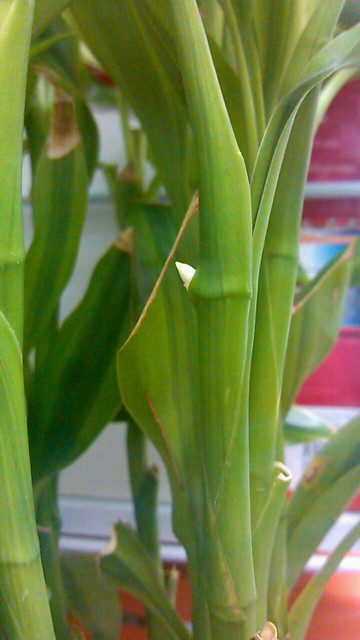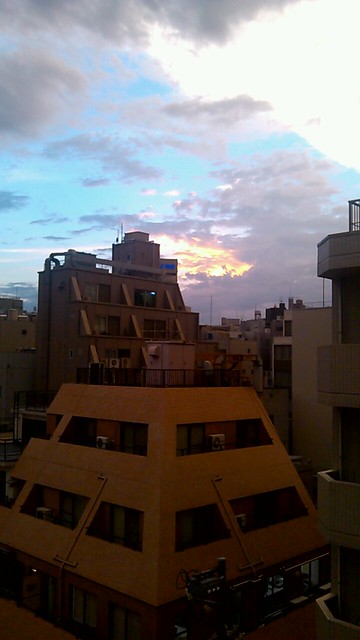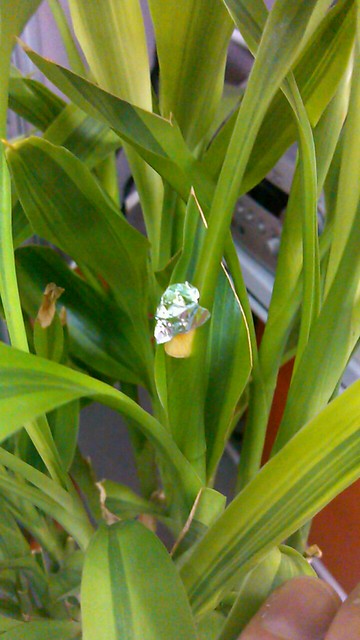Someone I know asked me how to use "thus", thus I am writing this post.
See? "Thus" is basically the same as "so". It sounds formal, maybe even old-fashioned.
thus【副】それ故に、従って、だから (definition from Eijiro on the Web)Last night I was up late cooking that tofu dish that I posted about the other day. I think I'm finally used to cooking it, and I can manage to cook it without the tofu sticking to the pan when I fry it. The photo above is the fried tofu before it has been simmered in spices.
Actually, "thus" has two other meanings. One means "in that way", like:
- Cooked thus, the tofu becomes firmer.
- thus このようにして、こんなふうに、上に述べたように (definition from Eijiro on the Web)
- Thus far, I've cooked this tofu about eight or nine times.
- thus far ここまでは、これまで、今までのところは、今までは (definition from Eijiro on the Web)






